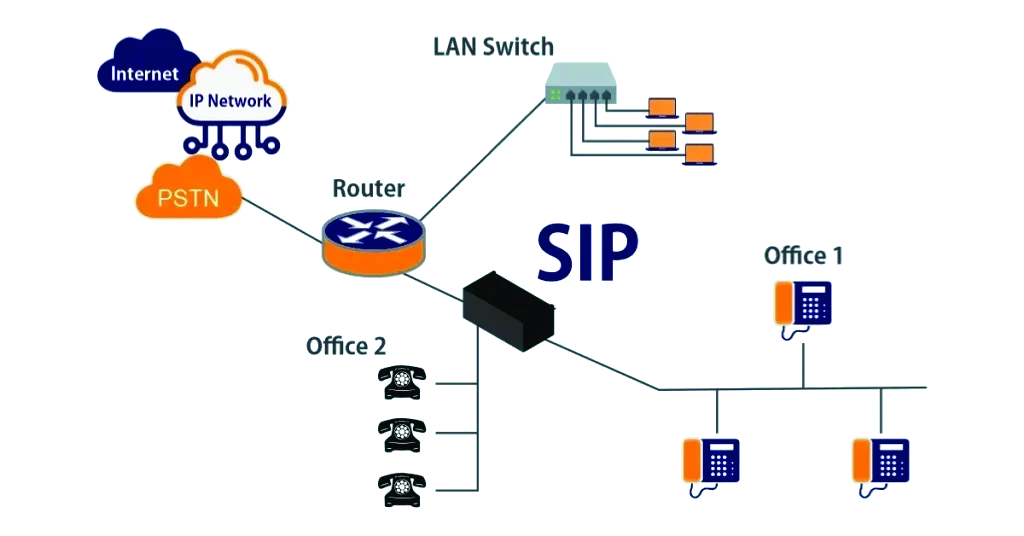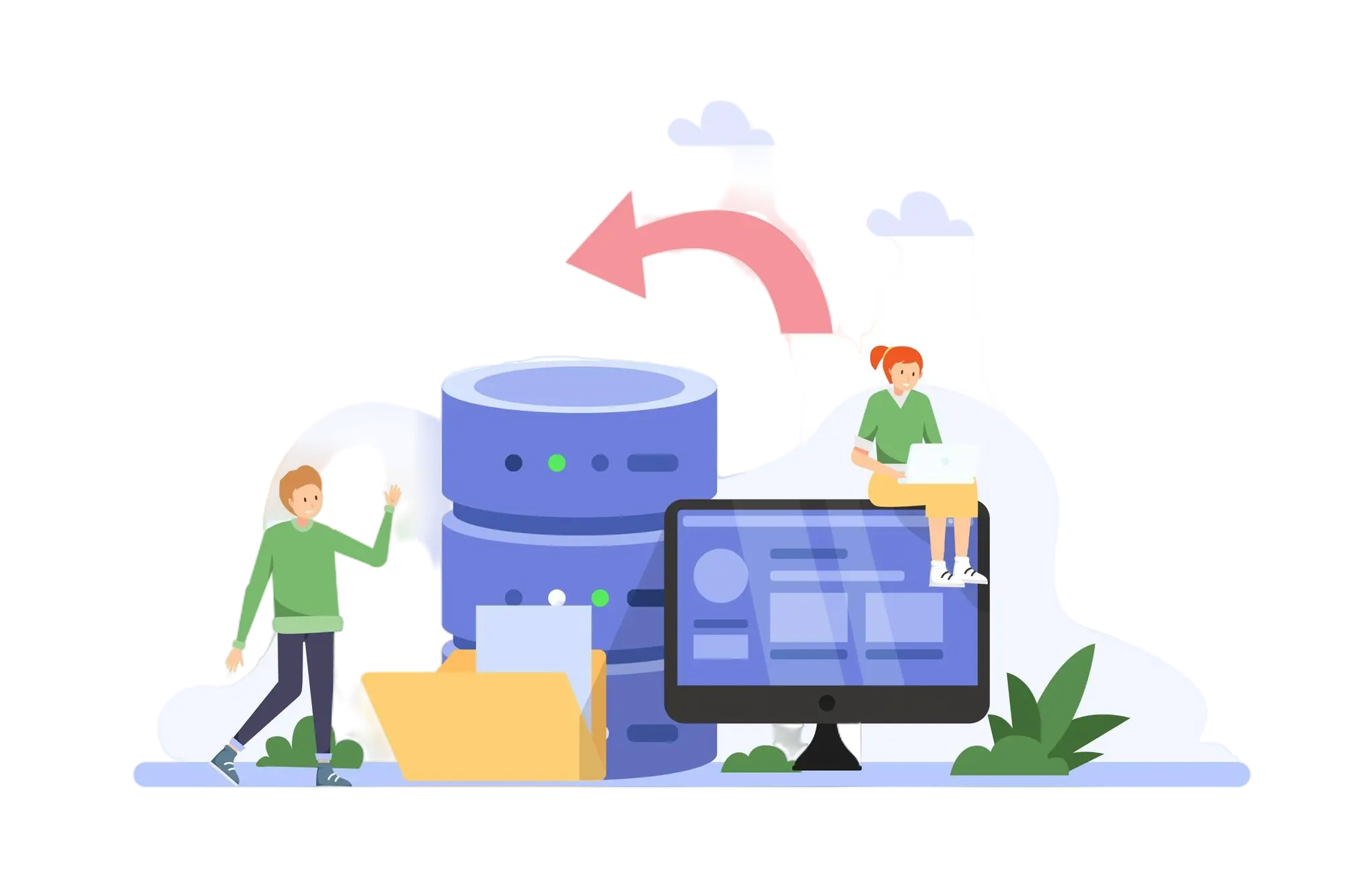In the ever-evolving landscape of customer service, inbound call centers are undergoing a profound transformation, largely driven by the revolutionary impact of cloud technology. This paradigm shift is reshaping traditional operational models and leveraging innovative inbound call center software to deliver enhanced customer experiences. In this comprehensive exploration, we will delve into the transformative impact of cloud technology on inbound call center operations, emphasizing the pivotal role of advanced software solutions.
Introduction
Cloud technology has emerged as a game-changer for businesses across industries, and inbound call centers are no exception. The migration from on-premise solutions to cloud-based models brings unprecedented flexibility, scalability, and efficiency. Coupled with cutting-edge inbound call center software, this transition is redefining how organizations handle customer interactions. Let’s uncover the multifaceted impact of cloud technology on inbound call center operations.
1. Scalability and Flexibility
Scalable Infrastructure: One of the key advantages of adopting cloud technology in inbound call centers is scalability. Cloud-based solutions provide the flexibility to scale operations up or down based on fluctuating call volumes. This scalability ensures that businesses can seamlessly adapt to evolving customer demands without the need for extensive infrastructure changes.
Adaptive Inbound Call Center Software: Complementing the scalability of cloud infrastructure is the advanced functionality of inbound call center software. Cloud-based solutions often integrate seamlessly with inbound call center software, allowing organizations to customize and expand their capabilities as needed. Whether it’s adding new features or optimizing existing workflows, the adaptability of software ensures a tailored approach to meet specific operational requirements.
2. Enhanced Accessibility and Remote Work
Anywhere, Anytime Access: Cloud technology liberates inbound call center operations from geographical constraints. Agents can access the system from anywhere with an internet connection, enabling organizations to tap into a global talent pool. This accessibility not only enhances workforce flexibility but also ensures uninterrupted service, regardless of agent location.
Remote Collaboration Tools: Inbound call center software, enhanced by cloud technology, facilitates seamless remote collaboration. Features like real-time call monitoring, virtual team huddles, and collaborative documentation enable supervisors and agents to work cohesively, even when physically distant. This not only improves operational efficiency but also contributes to a more connected and engaged workforce.
3. Cost-Efficiency and Resource Optimization
Pay-as-You-Go Models: Cloud-based solutions often operate on a pay-as-you-go pricing model, allowing organizations to pay for the resources they consume. This cost-effective approach eliminates the need for large upfront investments in infrastructure, making cloud technology an attractive option for inbound call centers of all sizes.
Resource Optimization through Software: Inbound call center software further optimizes resource utilization. Features such as intelligent call routing, automated workflows, and real-time analytics contribute to efficient resource allocation. This results in reduced operational costs and enhanced overall cost-effectiveness.
4. Seamless Integration of Multi-Channel Communication
Unified Communication Platforms: Cloud technology enables the seamless integration of various communication channels within inbound call centers. Unified communication platforms, often part of the inbound call center software suite, consolidate voice calls, emails, chat, and social media interactions. This integration ensures a unified and consistent customer experience across multiple channels.
Data Synchronization: Inbound call center software, empowered by cloud technology, synchronizes customer data across channels in real-time. This synchronization provides agents with a holistic view of customer interactions, allowing for personalized and context-aware responses. The result is a cohesive and efficient approach to multi-channel communication.
5. Advanced Data Security Measures
Secure Cloud Infrastructures: Cloud service providers invest heavily in robust security measures to protect client data. Inbound call centers leveraging cloud technology benefit from secure infrastructure, encrypted data transmission, and proactive threat detection. These measures enhance overall data security, instilling confidence in customers entrusting their information to the call center.
Compliance Features in Software: Inbound call center software, designed to meet industry-specific compliance standards, further reinforces data security. Features such as call recording encryption, access controls, and audit trails contribute to regulatory compliance, ensuring that the call center operates within legal and ethical boundaries.
6. Real-Time Analytics and Performance Insights
Data-Driven Decision-Making: Cloud technology facilitates real-time analytics within inbound call centers. Cloud-based solutions generate valuable insights into call patterns, agent performance, and customer behaviors. This data-driven approach empowers call center managers to make informed decisions promptly, optimizing operations for efficiency and customer satisfaction.
Performance Metrics Embedded in Software: Inbound call center software enhances the effectiveness of cloud-driven analytics by embedding performance metrics directly into the system. Agents and supervisors can access real-time dashboards, performance reports, and historical analytics within the software interface, facilitating continuous improvement and strategic decision-making.
Conclusion
The impact of cloud technology on inbound call center operations is transformative, ushering in an era of unprecedented efficiency, flexibility, and customer-centricity. When paired with advanced inbound call center software, cloud technology becomes a catalyst for innovation, driving improvements in scalability, accessibility, cost-efficiency, multi-channel communication, data security, and analytics.
As businesses navigate the evolving landscape of customer service, the synergy between cloud technology and inbound call center software emerges as a cornerstone for success. The journey towards operational excellence is not just a technological shift; it’s a strategic evolution that positions inbound call centers at the forefront of delivering exceptional customer experiences.





